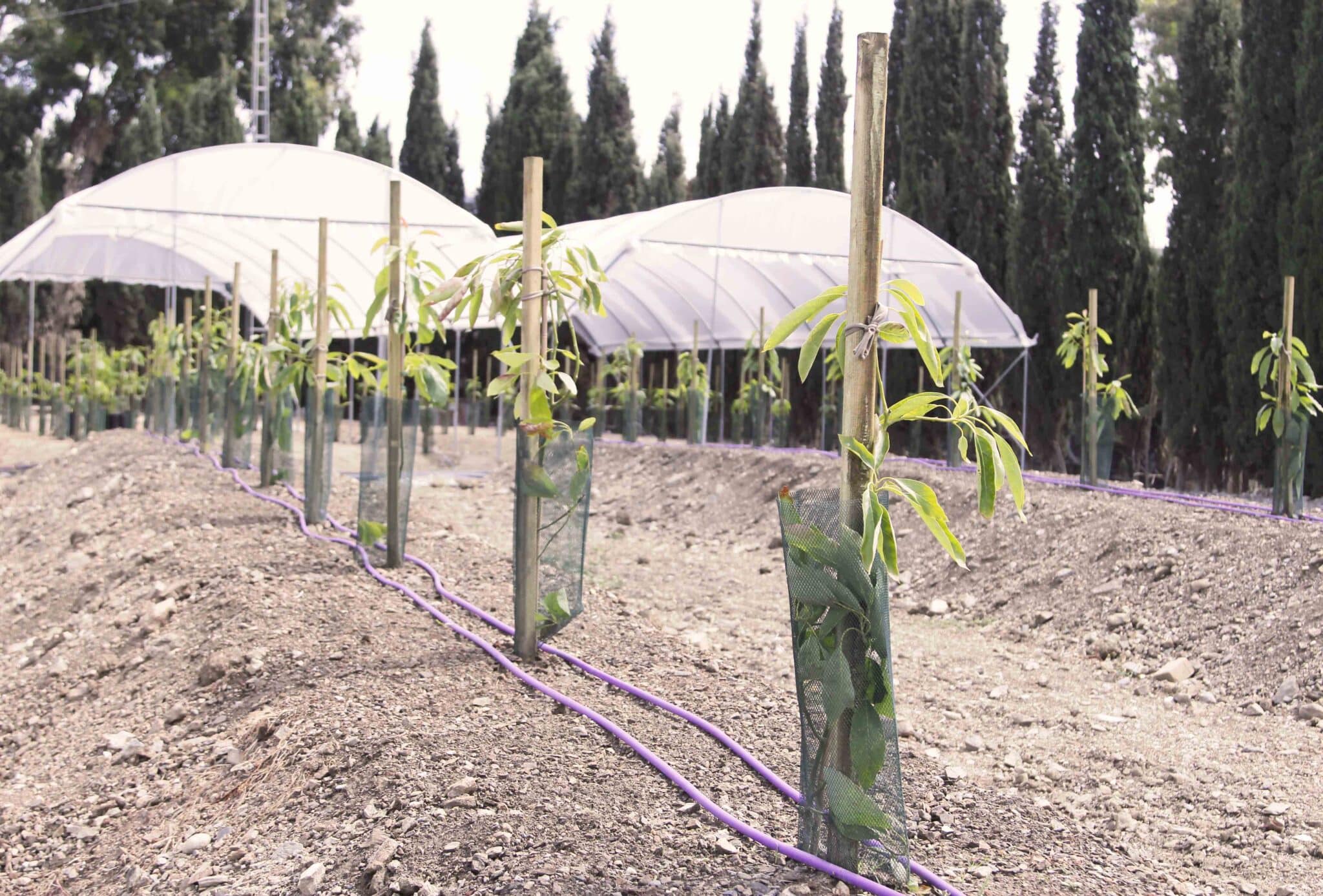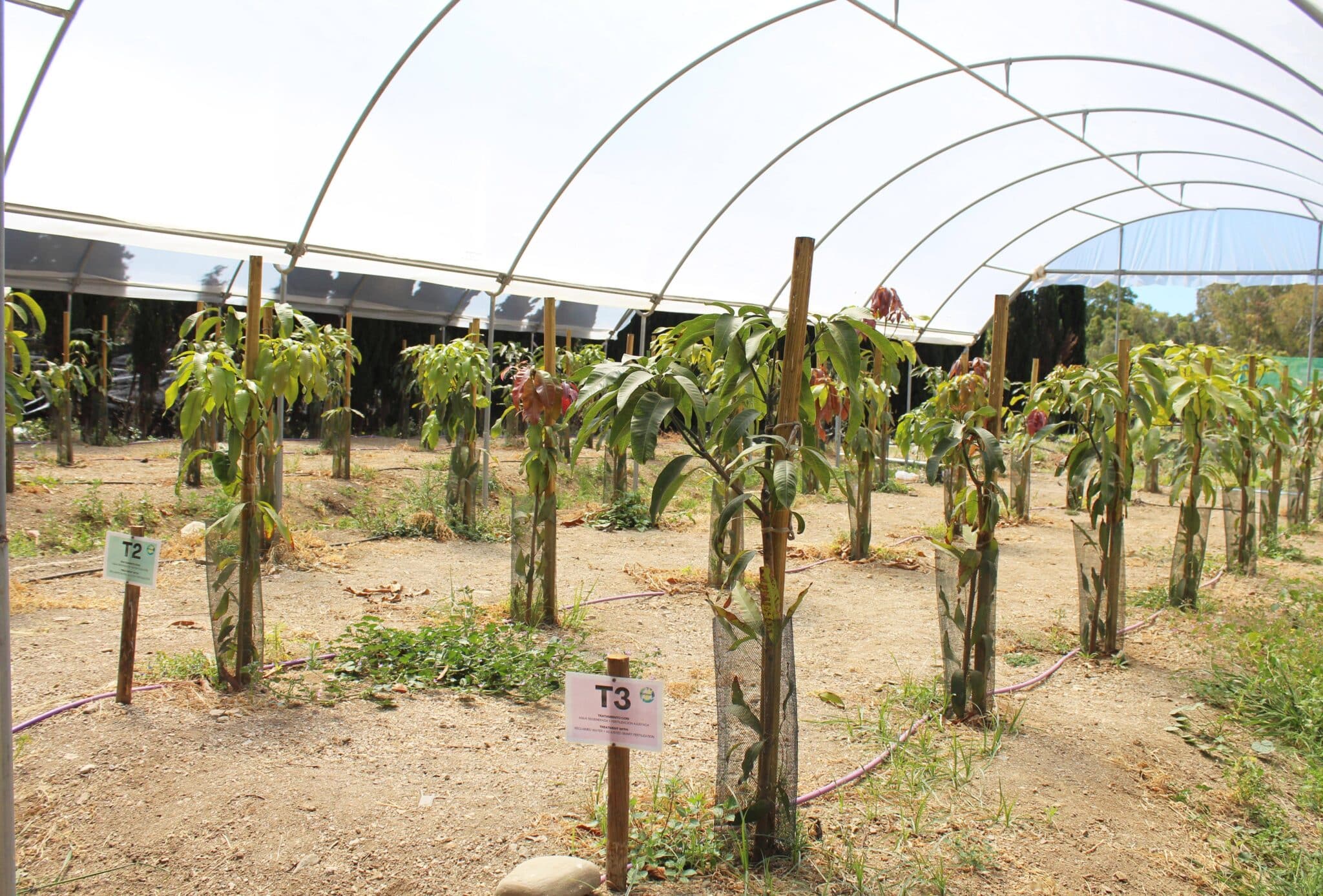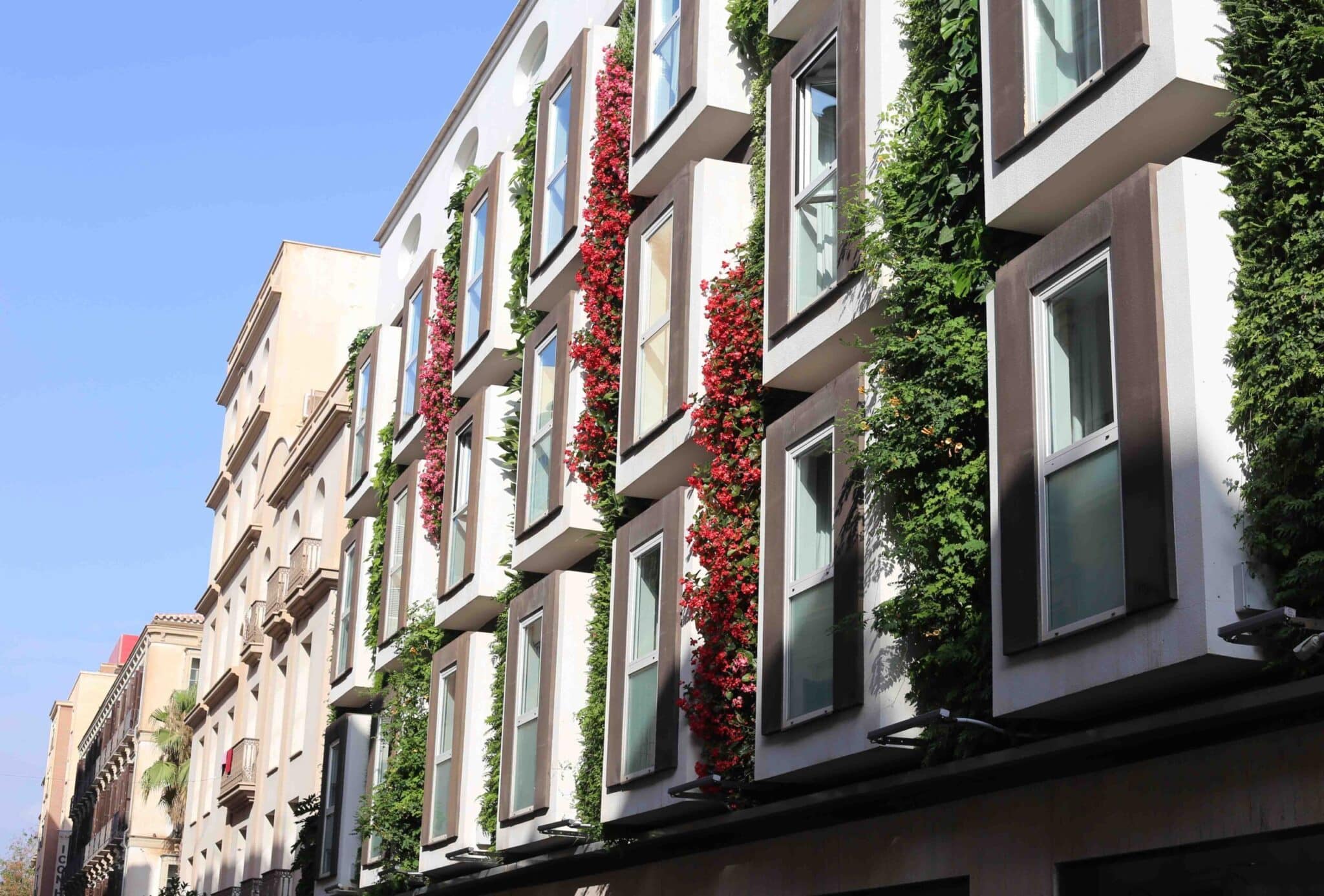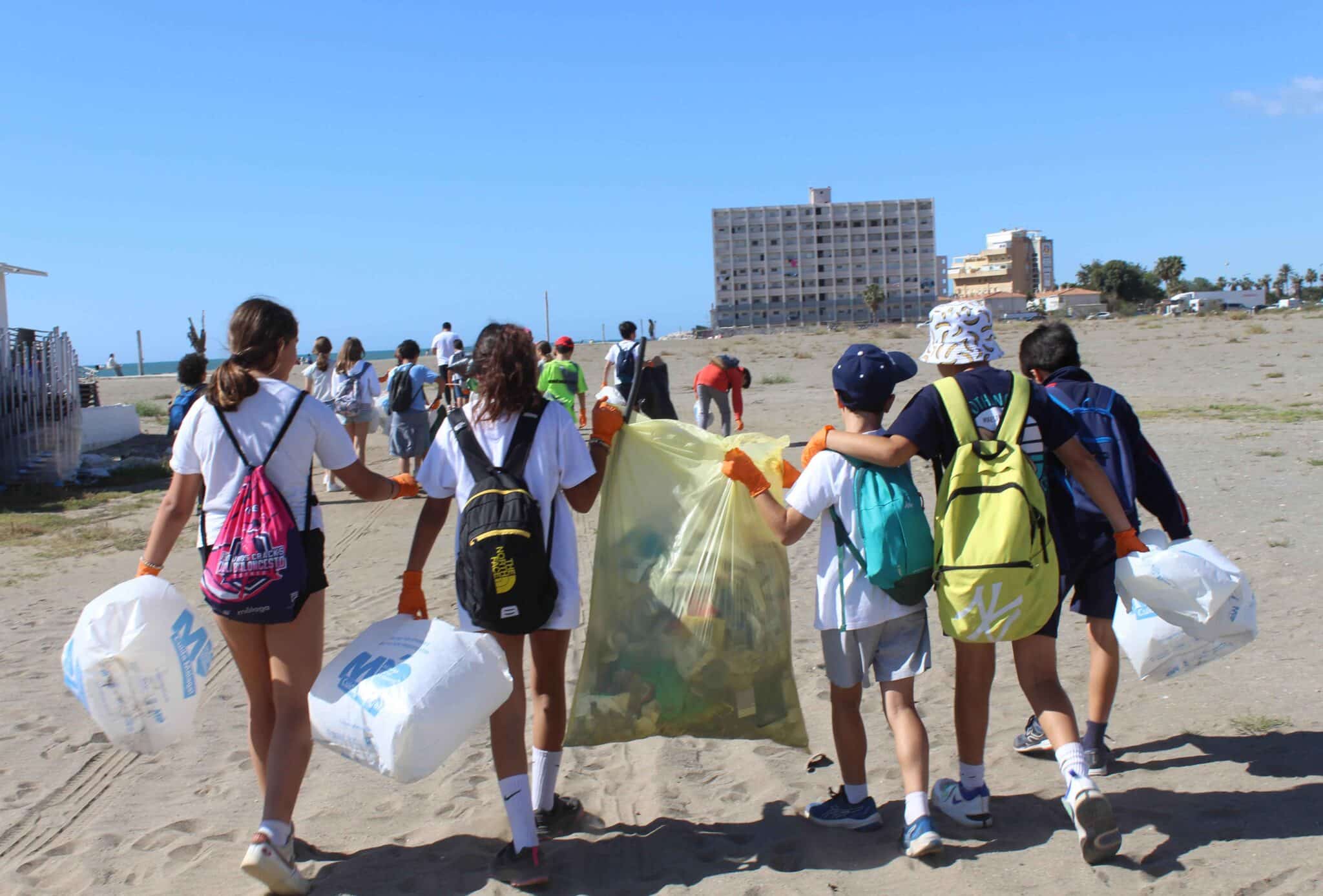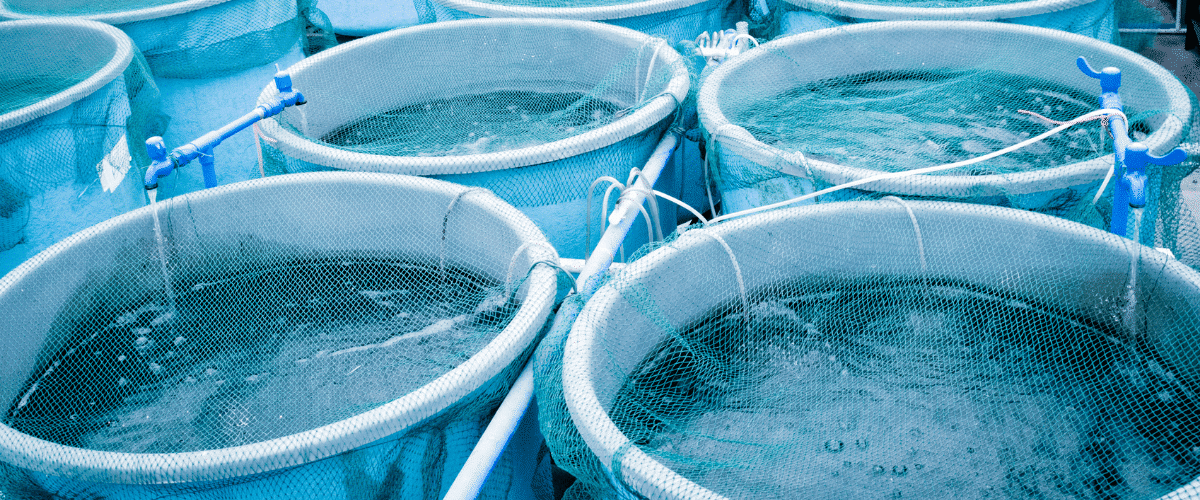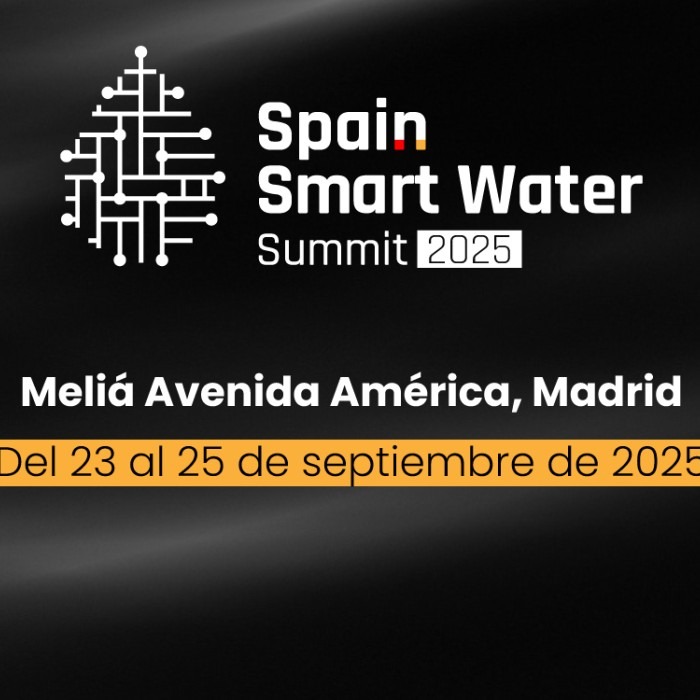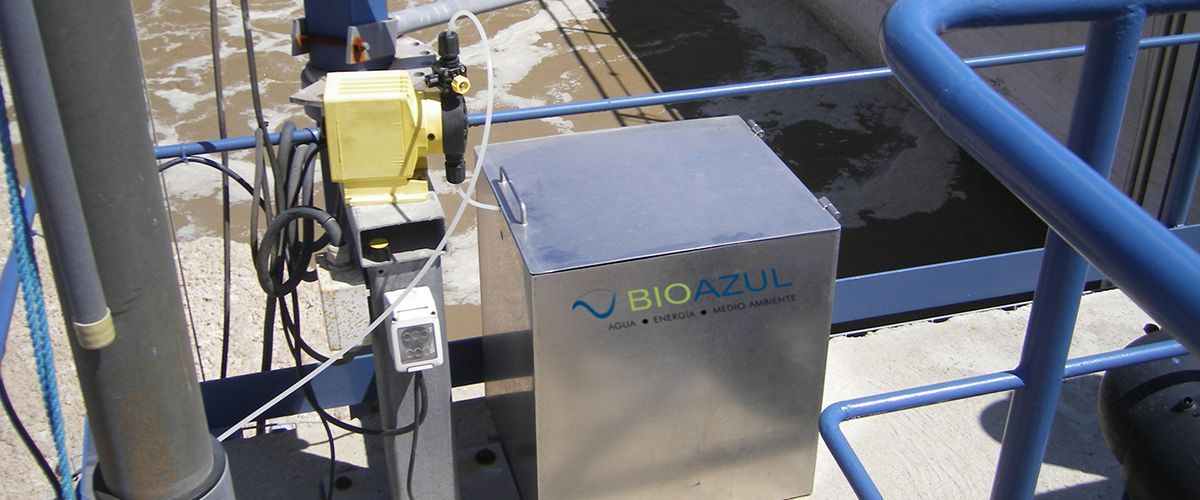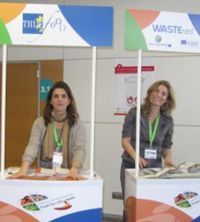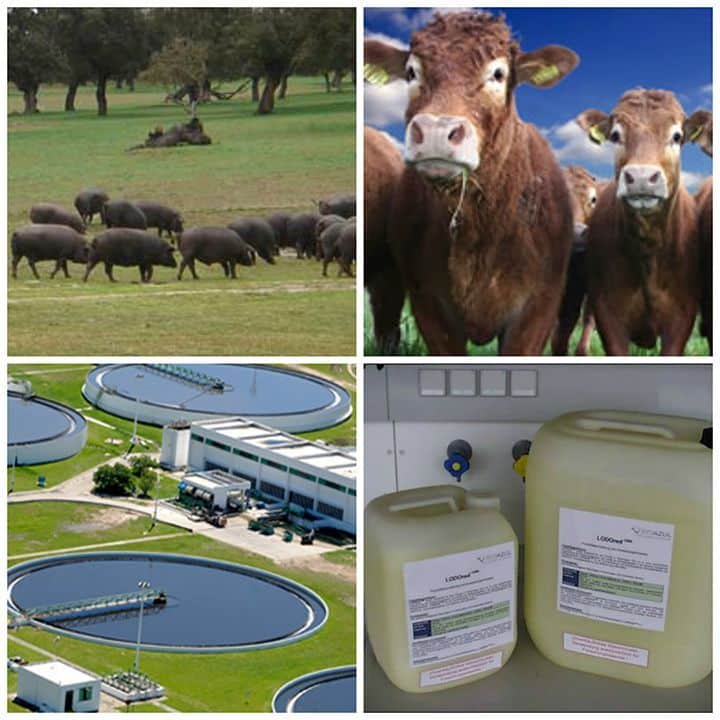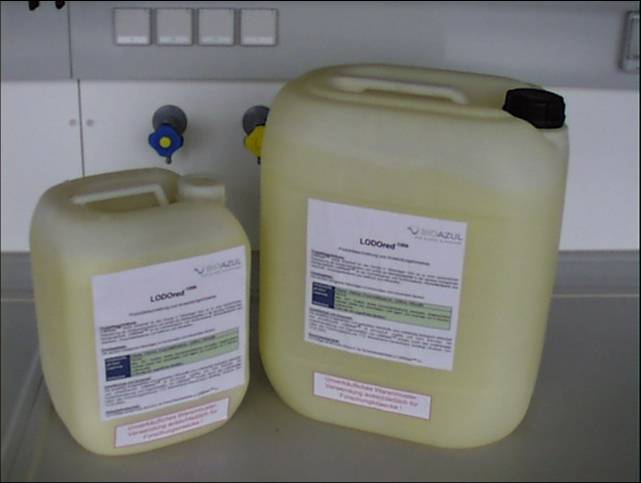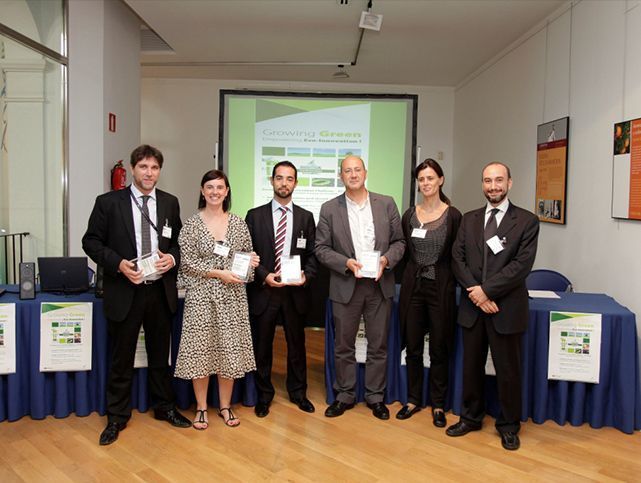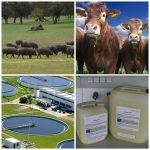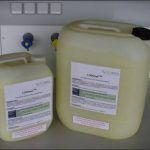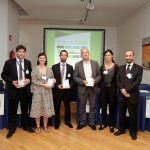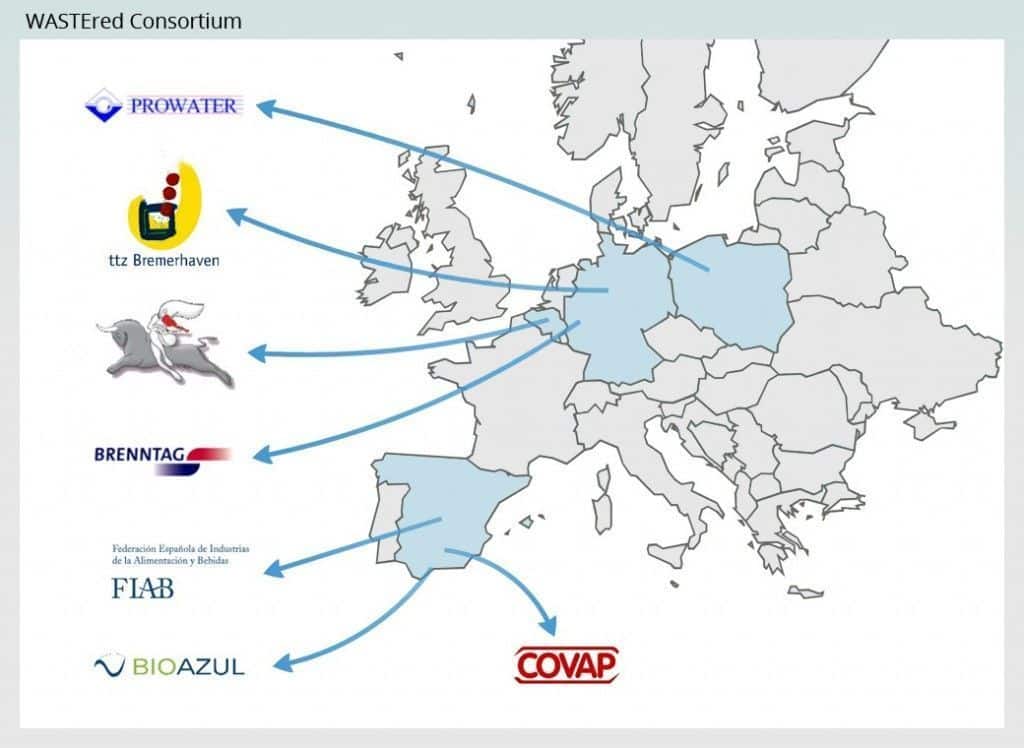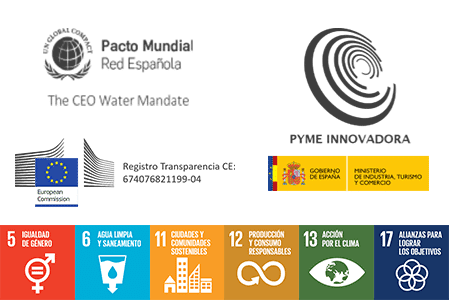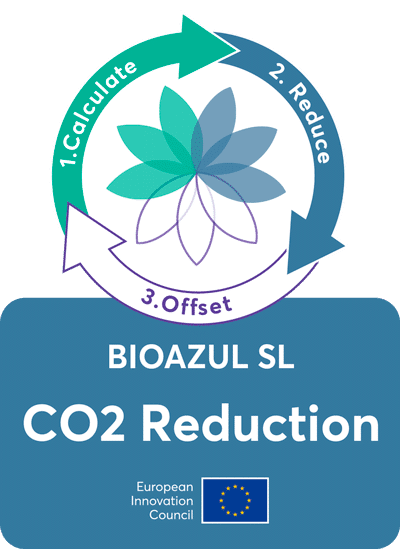1. Reduction of excess sludge generated in wastewater treatment plants:
– Average reduction of 30%.
– Reduction of CO2 emitted in the transport of sludge equivalent to 3,750 km.
– A total amount of 21,375 kilometers less travelled, which means 17,100 kg less CO2 emitted.
– Improvement of air quality due to the incineration of 1,500 tons of sludge. Reduction of 7,284 tons during the project, avoiding the emission of 1,000 tons of CO2 per year if the sludge had been incinerated.
– An average 30% reduction in energy costs.
2. 25% reduction in polymer consumption. A total of 22 tons in one year in chemical use were estimated.
3. Increased treatment efficiency and reduction of effluent pollution by an average of 21% in terms of COD, BOD and NH4.
4. Dissemination and training activities of the specific capacity development program and related materials, such as: explanatory brochures and posters, product and project presentations at conferences, seminars, trade and industry fairs, user guide and product promotional video .
